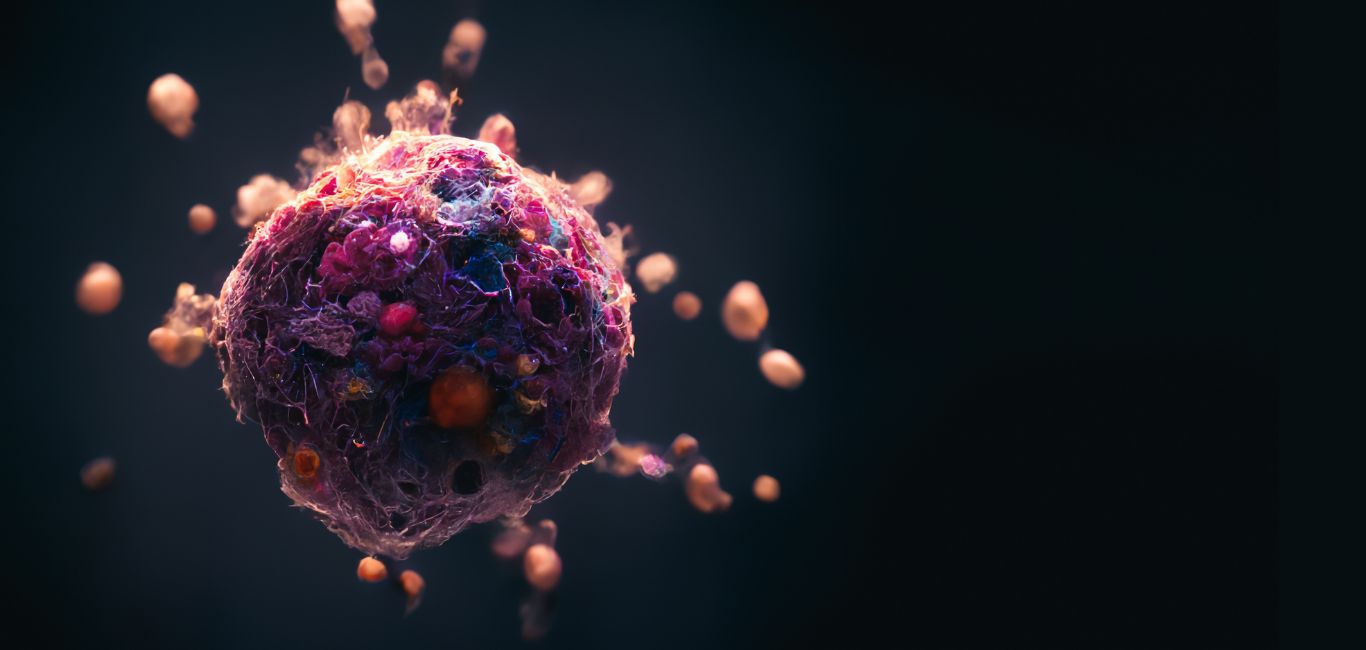
Researchers at Melbourne-based biological computing startup Cortical Labs say they have taught a clump of hundreds of thousands of human brain cells grown in a petri dish to play the retro video game Pong.
The experiment, the results for which were published in peer-reviewed journal Neuron, was done to show how neurons grown in vitro can exhibit sentience. The company claims it is the first to demonstrate how ‘mini-brains’ can be made to perform goal-oriented tasks.
“We have shown we can interact with living biological neurons in such a way that compels them to modify their activity, leading to something that resembles intelligence,” said Dr Brett Kagan, chief scientific officer at Cortical Labs and lead author of the study.
The researchers now plan to study how the mass of 800,000 neurons – dubbed “DishBrain” – can play the video game when under the influence of alcohol and medicines. They say their work could one day yield a dynamic platform for testing new drugs or gene therapies.
Built using embryonic cells from mice and brain cells grown from human stem cells, the neurons lie on top of a tiny electrode array. This array can both read the activity of the neurons as well as stimulate them.
To train DishBrain to play Pong, the researchers stimulated the neurons by firing a tiny electrical signal from the left or right side to tell it where the ball was. The frequency of these signals indicated the distance of the ball from the paddle.
The feedback in the electrode array taught the system how to return the ball, making the cells act as if they were themselves the paddle.
“We’ve never before been able to see how the cells act in a virtual environment,” Kagan said, adding that the company’s environment can help researchers to understand what’s going on within cells and how they interact with each other when stimulated with information.
The core focus of Cortical Labs is trying to build biological computer chips. But by building living models of brains, they are hopeful of emulating real brain function and not just simulate them on a traditional computer.
“The beautiful and pioneering aspect of this work rests on equipping the neurons with sensations — the feedback — and crucially the ability to act on their world,” the study’s co-author, Professor Karl Friston, theoretical neuroscientist at University College London, said in a statement.
Moreover, DishBrain could serve as a biomimetic sandbox consisting of the same elements found in human brains to test the effects of drugs and genetic variants, he added.
Dr Hon Weng Chong, CEO of Cortical Labs, said that the system could help gain insights into conditions such as epilepsy and dementia as well.

















